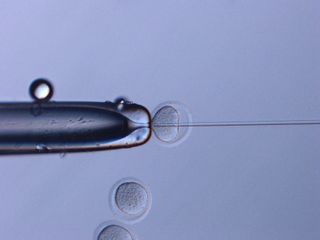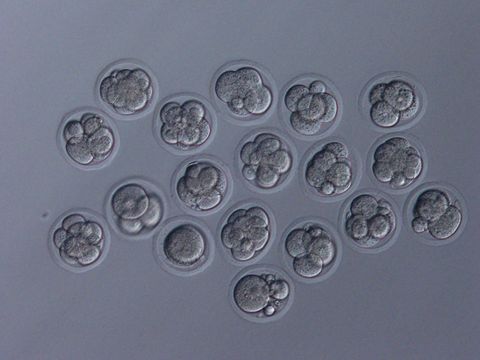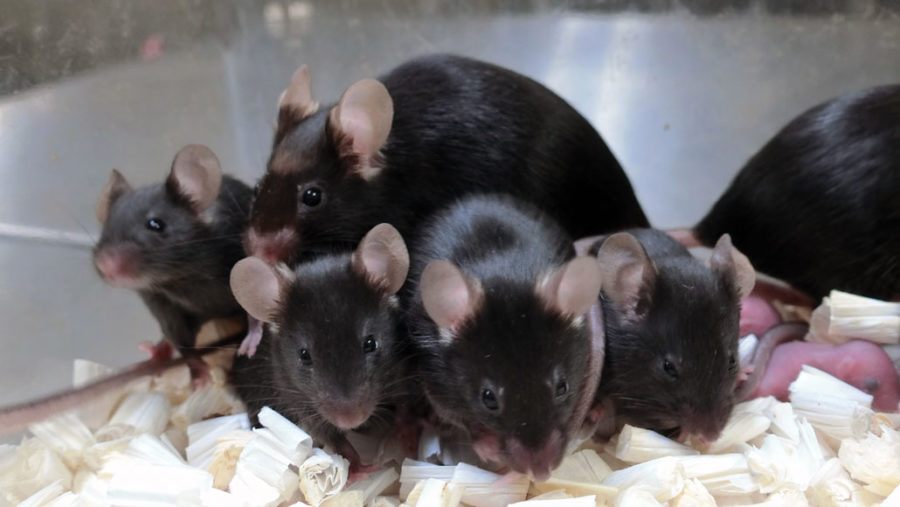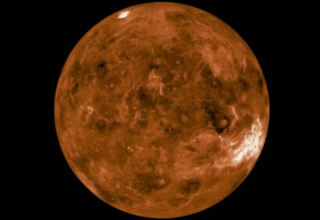Frozen mouse sperm that spent 6 years in orbit used to conceive 8 healthy ‘space pups’.
The following written content by Yasemin Saplakoglu

The freeze-dried mouse sperm was preserved at the International Space Station for nearly six years.
Healthy “space pups” were born from freeze-dried mouse sperm that orbited the planet for nearly six years aboard the International Space Station (ISS), according to a new study.
That’s good news because DNA-damaging radiation on the ISS is more than 100 times stronger than on Earth. Beyond the ISS, which is still shielded from some radiation by our planet’s magnetic field, radiation is even stronger.
“It is very important to examine the effects of space radiation not only on living organisms but also on future generations before the ‘space age’ arrives,” the authors wrote in the paper. “Space radiation may cause DNA damage to cells and concern for the inheritance of mutations in offspring after deep space exploration.”
If human sperm is similarly resilient in space, and if Earth becomes unlivable in the future, then freeze-dried sperm could potentially play a role in repopulating space colonies.

As climate change and potential apocalyptic futures push humans to look beyond the borders of our planet to possible livable planets or moons out in space, researchers are trying to understand whether space radiation would damage mammalian and other animals’ DNA and make it impossible to reproduce and keep humanity alive.
But there’s no easy way to study the long-term effects of space radiation on biological materials, the authors wrote. It’s difficult to bring live animals or cells to the ISS, the nearest space hub for such research, because these cells need constant maintenance.
Most studies conducted on the effects of space radiation haven’t been done in space but in conditions mimicking space, according to the paper. That’s a challenge because space radiation includes many kinds of energetic particles — such as solar wind, solar cosmic rays and galactic cosmic rays — that can’t be reproduced on Earth. Read more from Live Science.





